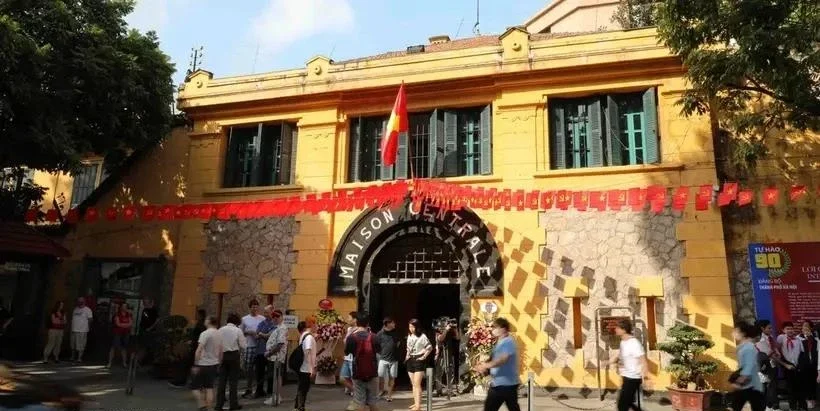WNAM REPORT: As sustainability and cultural tourism have become popular among both domestic and foreign visitors, young Vietnamese people have embraced the trend and created a breath of fresh air in cultural tourism development. They have not only provided visitors with immerse experiences but also joined hands to preserve the local culture and reduce negative impact of tourism on the local ecological system and people.
Sung Mi Phin, a young Mong ethnic man from the northern mountainous province of Ha Giang, has given up his stable job as a teacher to run his own homestay business although it was a hard nut for him at that time.He saw that many tourists heading to the region to get a short break from the hustle and bustle of their urban life, and decided to cash in on his hometown’s cultural strengths. Phin’s homestay Chaito has provided visitors with farming experiences as well as an insight into the Mong ethnics’ costumes, linen cloth weaving, and folk songs.
His homestay business model is a prime example of how locals can preserve and promote their heritage while benefiting from tourism. Perceiving that involving local people in culturally-focused tourism is the best way to respect, preserve, and promote traditional cultural values, Phin is dreaming of building a community-based tourism village with various unique offerings.
Diu Thi Huong, a Lo Lo ethnic woman in Ha Giang province, gripped by fear that the traditional culture could be in grave peril due to neglect of preservation, returned home after graduating from a reputable university in Hanoi, hoping to contribute to promoting the values of her race’s traditional culture.
She is planning to open a stall offering handicrafts of the ethnic group and arranging cultural experiences for visitors. Realising the significance of tourism development in tandem with the popularistion of culture, Huong said that tourists come there for ebullience brought to them through distinct cultures and experiences.“Only by deeply understanding and appreciating our ethnic culture can we open up to learning the positive aspects of others’, and only then can we truly embrace the differences in the cultures of various ethnic groups,” she said
According to Huong, owner of Cuc Bac coffee shop in Lo Lo Chai village, culture is the identity of different ethnic groups and localities, which is handed from one generation to the next. Once the cultures fall into oblivion, the ethnics lose not only their writings, languages, and customs but also their roots.
Meanwhile, youngers from the communications team of Hoa Lo Prison special historical relic site have shown their love for the nation’s intangible heritage in a different way.
The “red address” to educate the younger generations on patriotism and the nation’s noble revolutionary tradition has surged in popularity as its Facebook fanpage garnered hundreds of thousands of followers after five years. Through Gen Z’s words, the communications team has been able to bring the historical knowledge close to young people.
Statistics showed that the relic site welcomed nearly 300,000 visitors in 2016, and the figure nearly doubled seven years later.
With support from revolutionary veterans, former political prisoners, and historical witnesses, the team has helped visitors gain impressive experiences and understand more about the past.
According to the team, the fanpage is now in only Vietnamese with hope that the language’s popularity will soar among foreigners, while language support has been provided for visitors at the site.
With substantive activities, the young people have joined the nation’s efforts to develop tourism, preserve culture, and promote its values.


